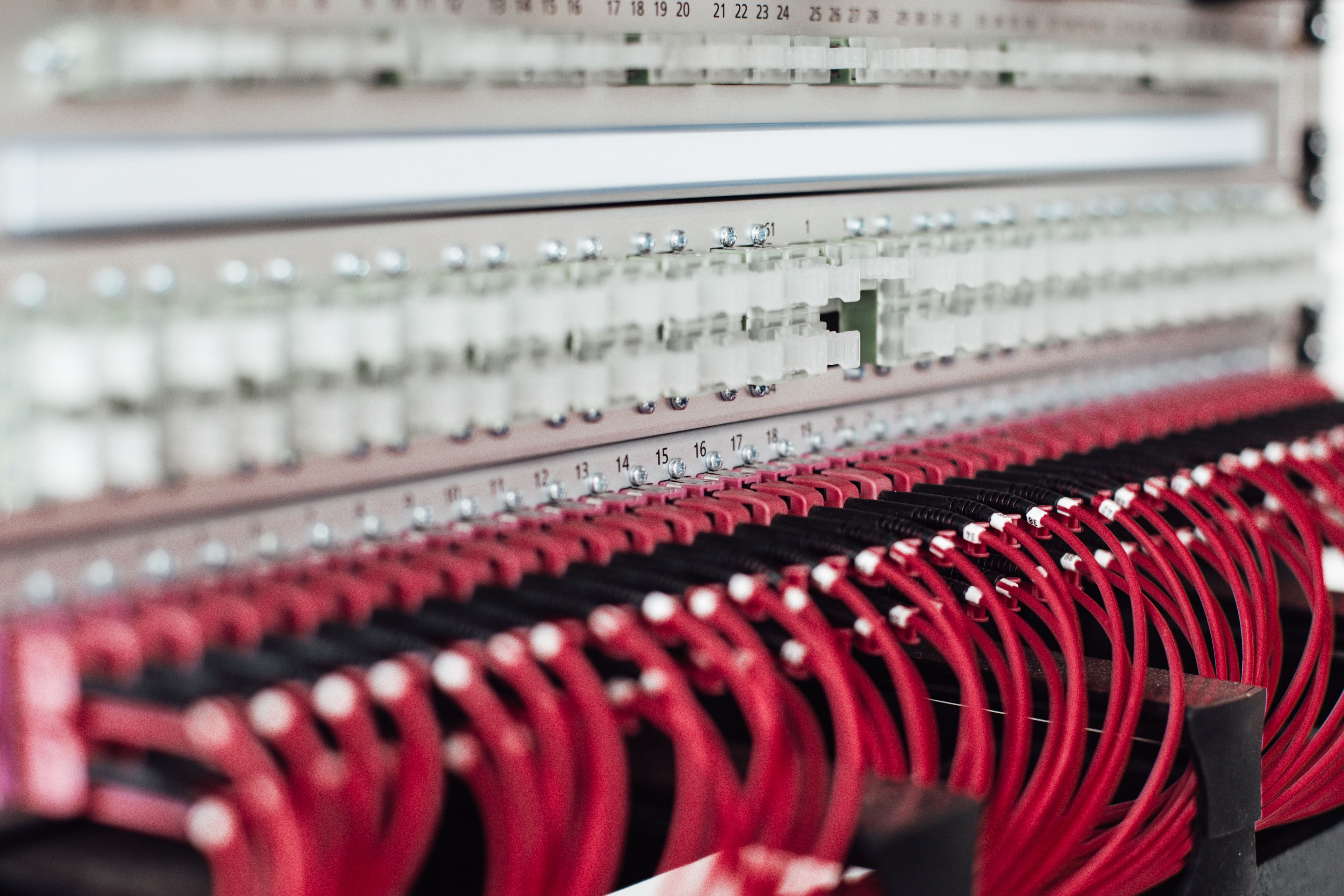The internet is an essential utility. Want to shop for groceries? You’ll probably hop on Kroger. Want to listen to music? You’ll likely stream it on Spotify. Need to attend a class or meetings? Best guess is you'll reach for Zoom.
Because we’re so dependent on the internet, choosing an internet service provider that delivers fast internet speeds is important.
The question is, how do you determine internet speed, and what do you consider when selecting a suitable plan for your needs?
What Is Internet Speed?

The internet is a global system of connected networks, and the speed at which your internet-enabled device exchanges data with this network is your internet speed. Internet speed is measured in Megabit per second (Mbps), but before we dive into what speed you need, knowing the meaning of certain internet terms will make choosing the speeds you require much easier.
Important Internet Speed Terms and Abbreviations You Should Know

Let’s run through some technical internet terms that will help you understand the next section better.
Bandwidth
While your internet speed is how fast you exchange data in a certain amount of time, your bandwidth is how much data you can get over a certain amount of time. The greater the flow of data, the better the speed.
Both terms are often misused, especially by internet service providers (ISP), as a means to sell pricier plans. They advertise these plans as having better internet speeds without pointing out that they just have more bandwidth. These pricier plans with bigger bandwidth just allow a larger amount of data packets to be sent at once, giving the illusion of faster internet.
Latency
Latency is the delay in the time it takes for data to move from one part of a network to another. That means an internet service provider with a network with low latency will offer better speed. Latency is measured in millionths of a second (ms), and that’s a term you may have come across if you’re an avid gamer.
Upload and Download Speeds
Upload speed is the rate at which data is transferred from your device to the internet, and download speed is the rate at which data is sent from the internet to your device.
Bit, Megabits, Gigabits, Byte, Kilobytes, and Megabytes
Bits are the smallest measure of data, and internet speed measures how many can be moved per second. Megabits are a million bits, while gigabits are a billion bits. A byte is a unit of data equal to eight bits, and a kilobyte is a thousand bytes, while a megabyte is a million bytes.
Mbps and MBps
Mbps means Megabits per second and is used as a measure of internet speeds. On the other hand, MBps is Megabytes per second and is a measure of the rate at which data is transferred.
Your internet speeds will be displayed in Mbps, but your data transfer rate will be displayed in MBps. It’s a little confusing, but all you have to do is watch for the ‘B.’
Broadband
High-speed internet is usually referred to as broadband, and the FCC (Federal Communication Commission) is the agency in charge of regulating it.
It set a connection speed of 25Mbps for download speed and 3Mbps for upload speed as the standard for high-speed internet service.
The problem is, they made that decision in 2015, and it is grossly inadequate just over half a decade later since we consume higher-quality internet content.
The continuing reliance on this standard has left Americans paying more for better speed compared to other developed nations, as ISPs set prices for internet plans based on this standard. Even Congress has noticed and has called for the FCC to revise this.
How Fast Should Your Internet Speed Be in 2021?

The proper answer is "as fast as possible," but that might be unwise as you might end up paying for speed you don't need. For either your home or business, how you intend to use the internet determines the speed you need. Various activities require a minimum speed, and the FCC has a basic internet speed guide for most activities.
For a lag-free experience, here are some minimum speeds you'd need for various online activities:
- Emails, streaming music, and light browsing: These are basic internet activities, so an average speed of 1-5 Mbps should be sufficient.
- Social media: Having internet speeds of 5-10 Mbps should suffice to upload photos or videos or watch TikTok or YouTube videos.
- Personal video calls and video conferencing: An average speed of 5-10Mbps is enough to avoid those pesky Zoom lags.
- Video streaming: For your Netflix and HBO Max or other video streaming, having speeds of 10-15 Mbps is okay.
- Gaming: This requires you to have minimum speeds of 10- 25 Mbps.
- Heavy downloads and High-Def (4K) video streaming: Having speeds in the range of 35-50 Mbps is desirable.
These recommendations are based on the assumption that you only stream to one device at a time. If you are sharing the internet with other inhabitants in your home, the bandwidth needs to grow accordingly.
To decide the suitable internet speed for you, you can follow a simple rule of thumb. First, divide the speed you intend to get by the total number of devices your business or household intends to use. The result should be in the range of 25-50 Mbps. At that range, you should have sufficient speeds to perform all your internet activities stress-free.
How to Speed Up Your Internet
It is not uncommon to notice you’re not getting the maximum internet speed available to you from your ISP. The best way to fix this is usually to call their customer care service, but sometimes the response time may be lousy, so here are some quick internet speed boost tips to help you out:
- Try resetting your modem or router.
- Move your modem or router to a new location. Walls or other electronic devices around it may be interfering with reception.
- Devices that are not in use should be disconnected from the internet to free up bandwidth.
- Use Ethernet cables where possible.
- Check and confirm only permitted users are on your network
- Check for malware regularly and use an antivirus.
- Installing a Wi-Fi mesh system will greatly improve the range of your router without sacrificing speed.
- Lastly, you may just want to change your internet service provider or replace the default router. Replacing your default router will give you greater configuration options for your internet connection.
The Bottom Line
Deciding on the internet speeds you require isn't as simple as it appears—or as simple as ISPs would have you believe. According to the experts, you should consider the number of devices that will connect to your network simultaneously, as well as what you intend to do with your connection.
To choose the best services or packages for your needs, you must first understand your bandwidth requirements. This is more dependent on the applications in use, but as users begin to do more things like video calls and movie sharing, upload becomes increasingly important. Upload speeds are also important for people working remotely from home, affecting things like screen sharing and online conference calls.
If you aren't seeing the speeds you're paying for, it may be time to call your service provider.